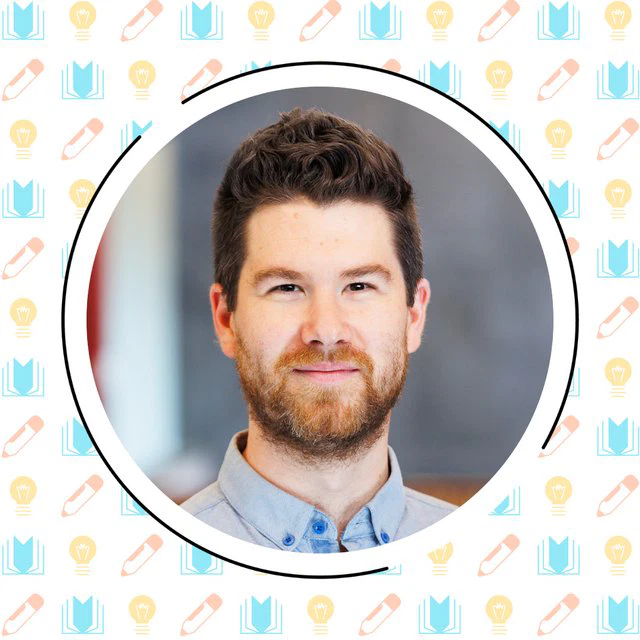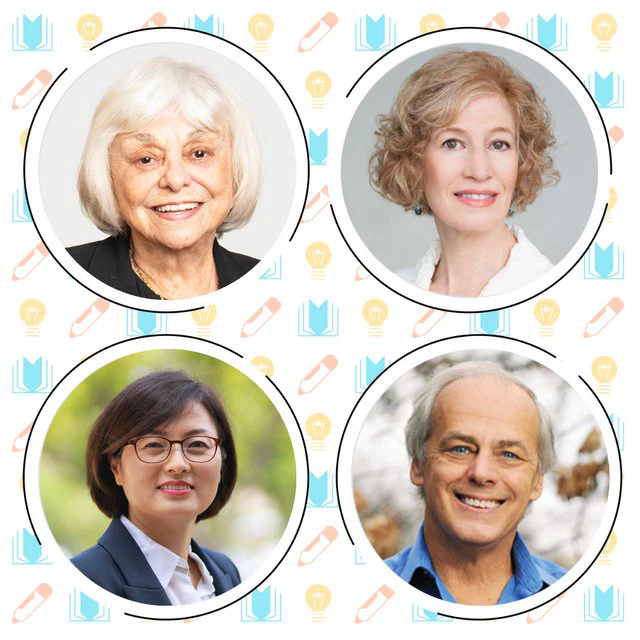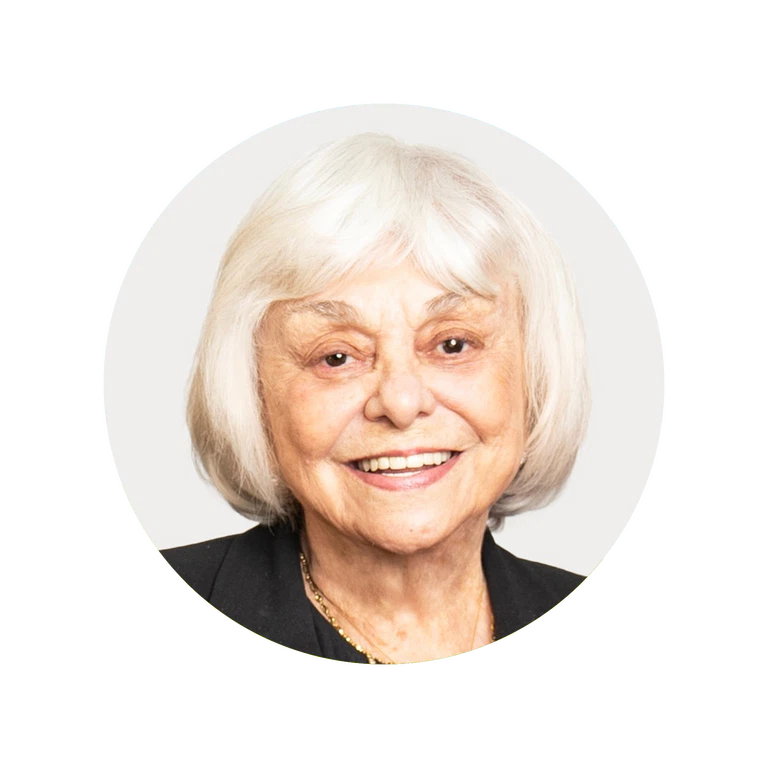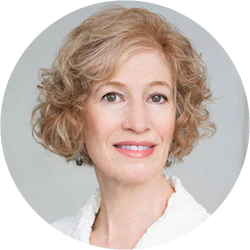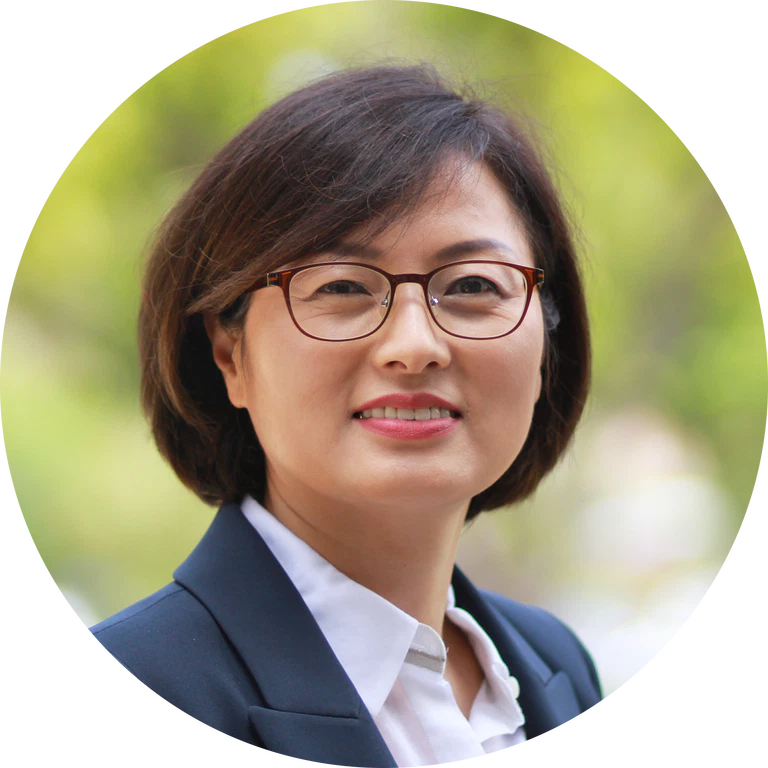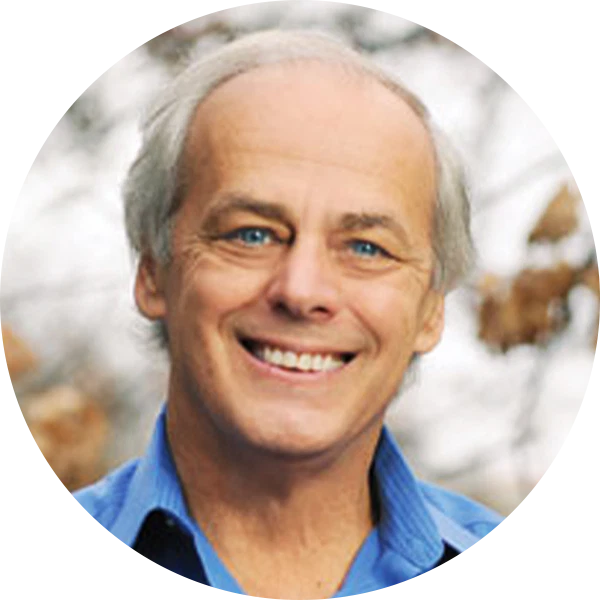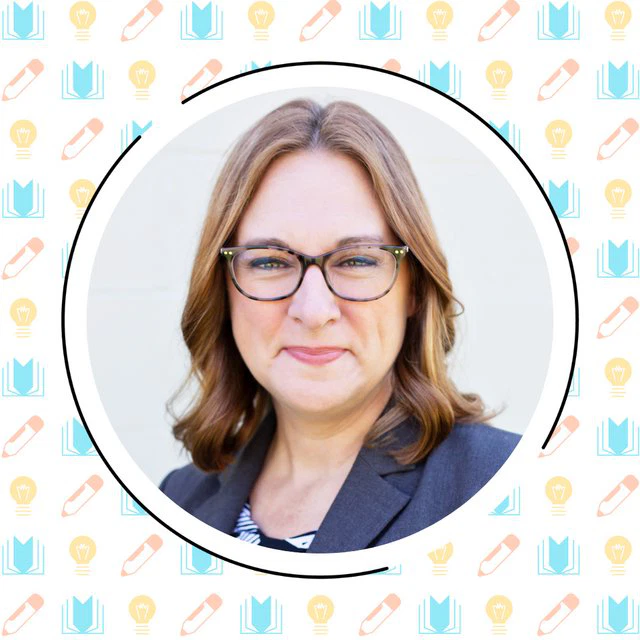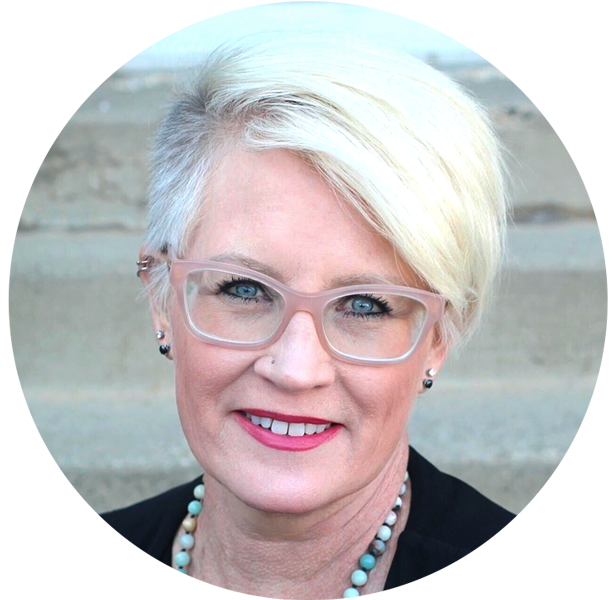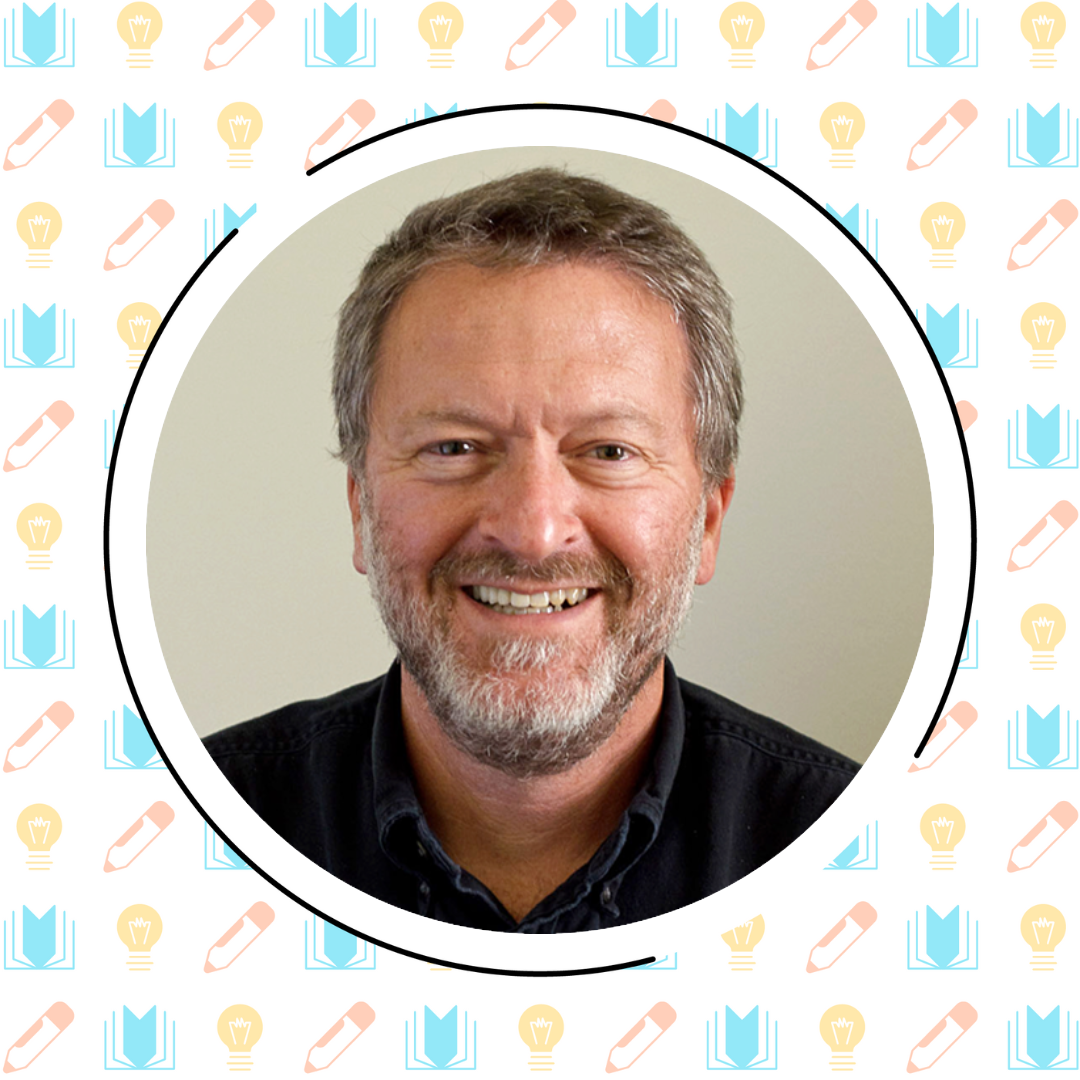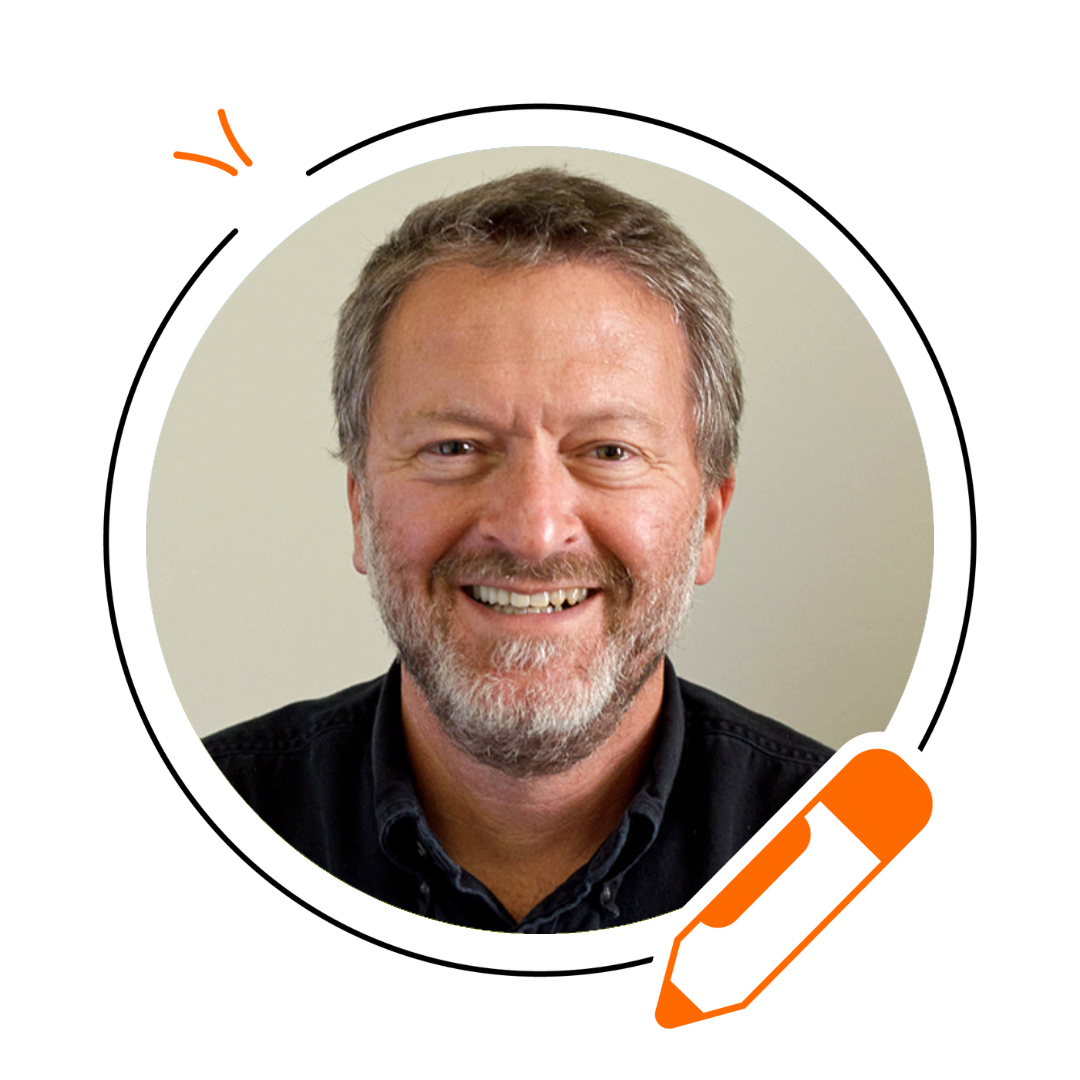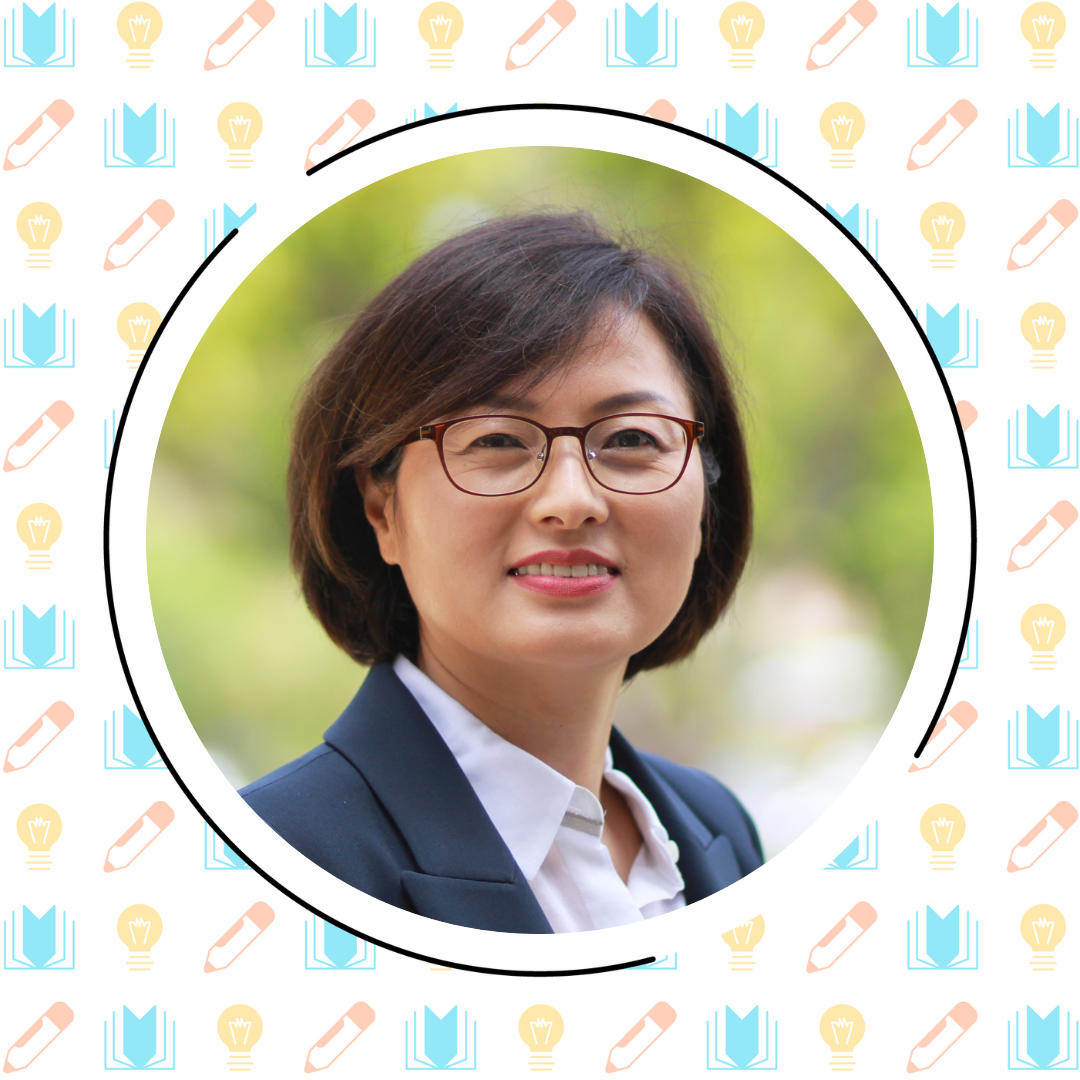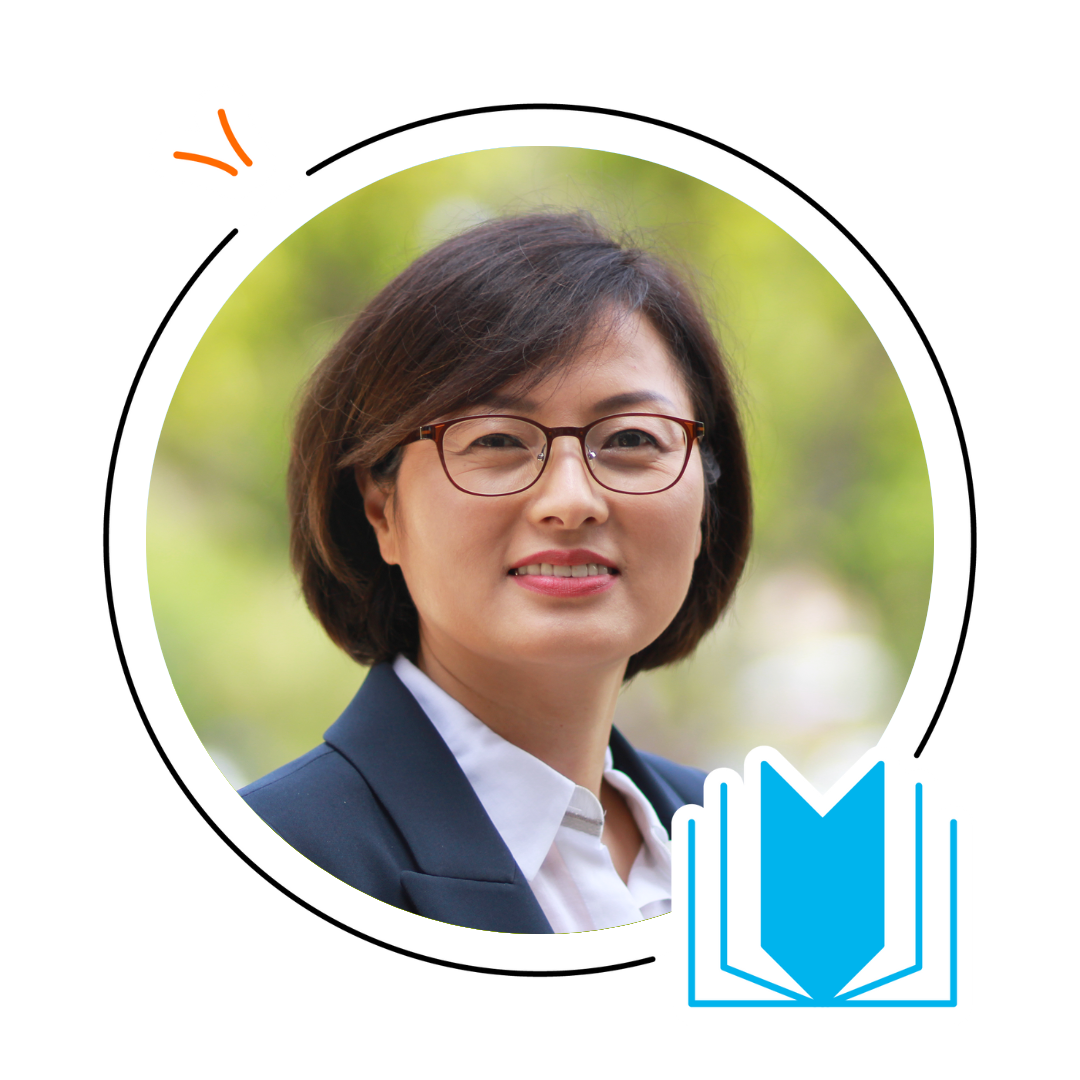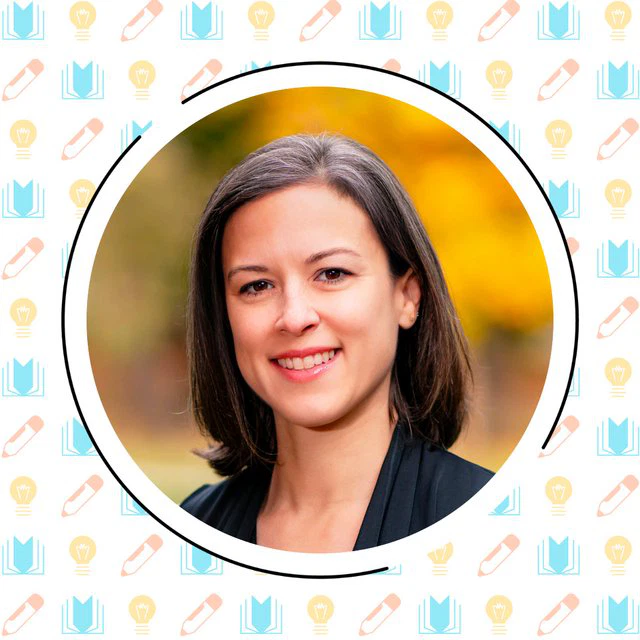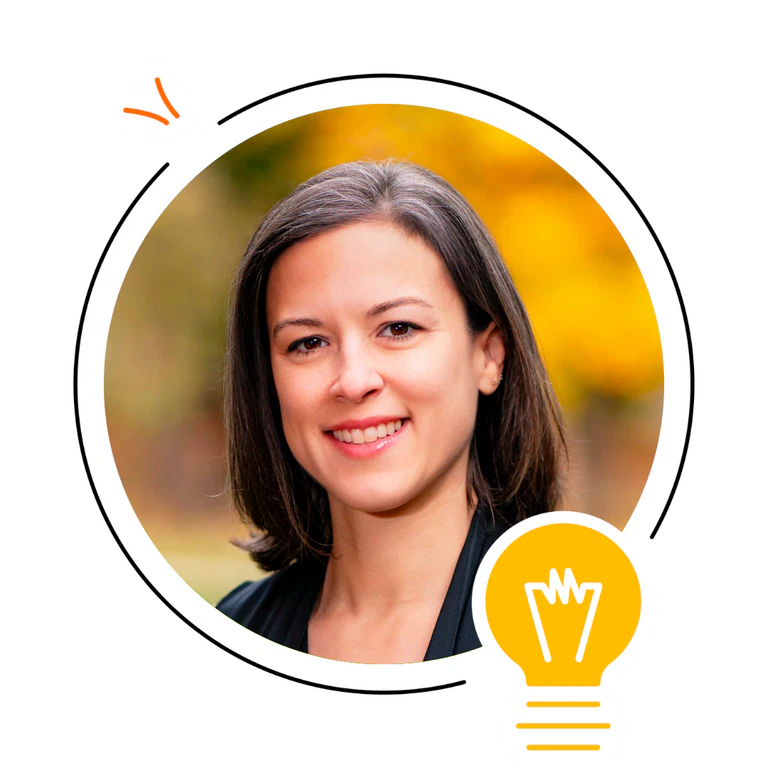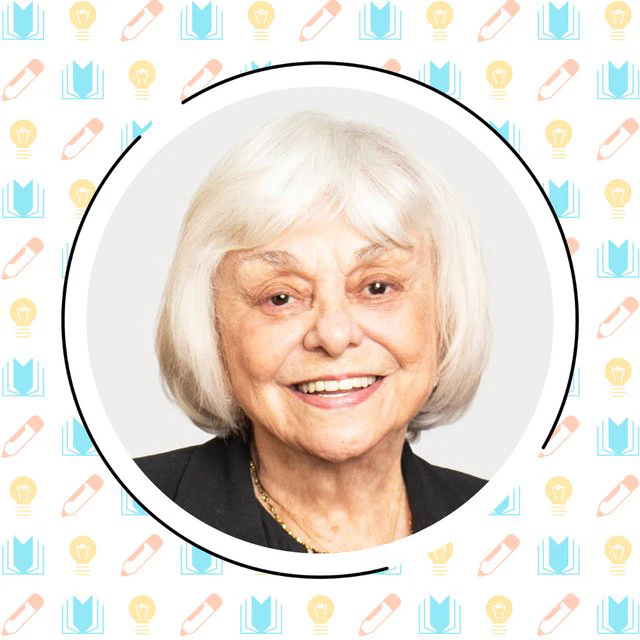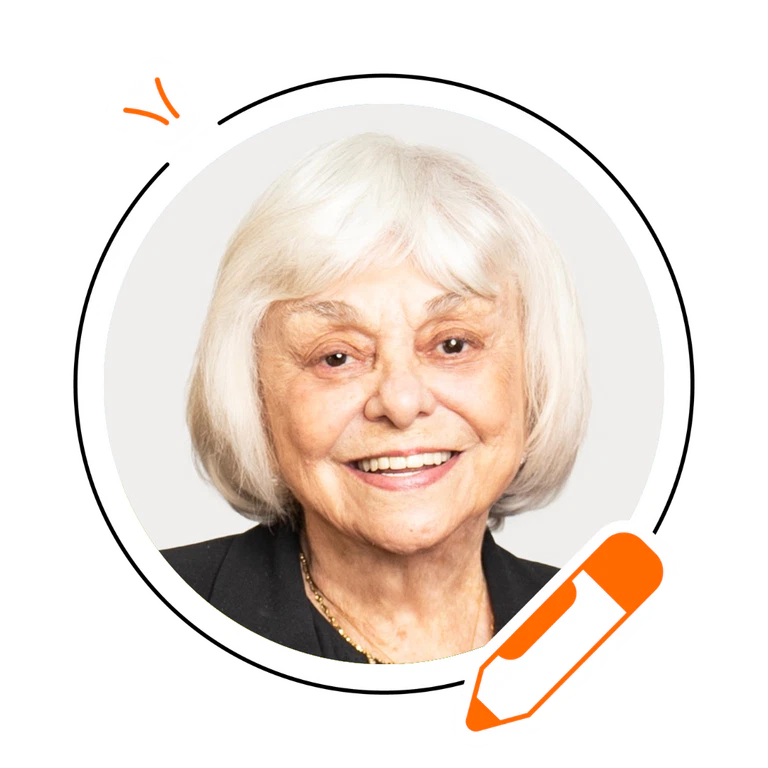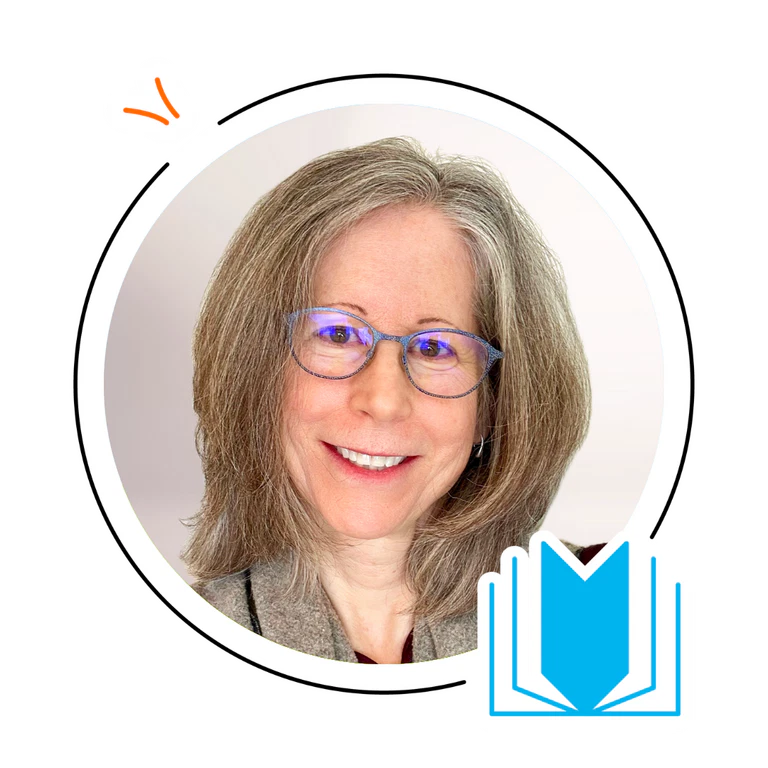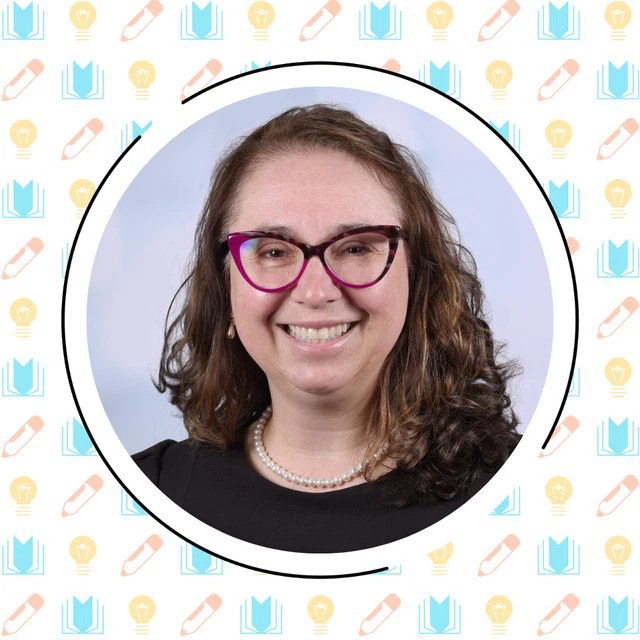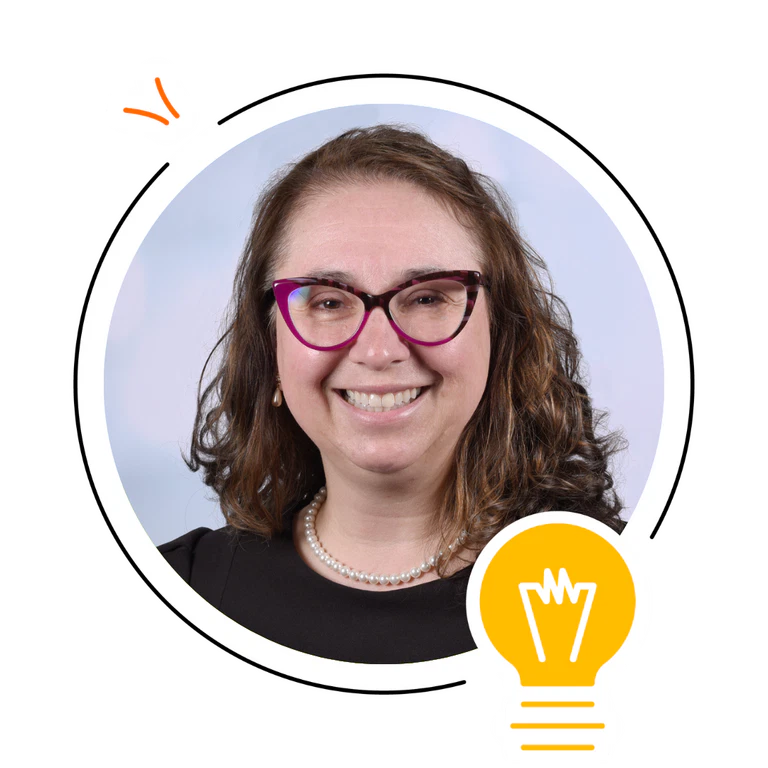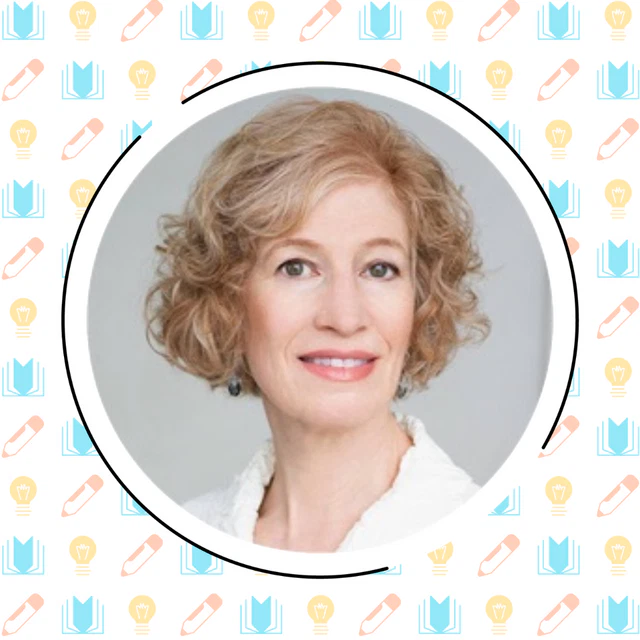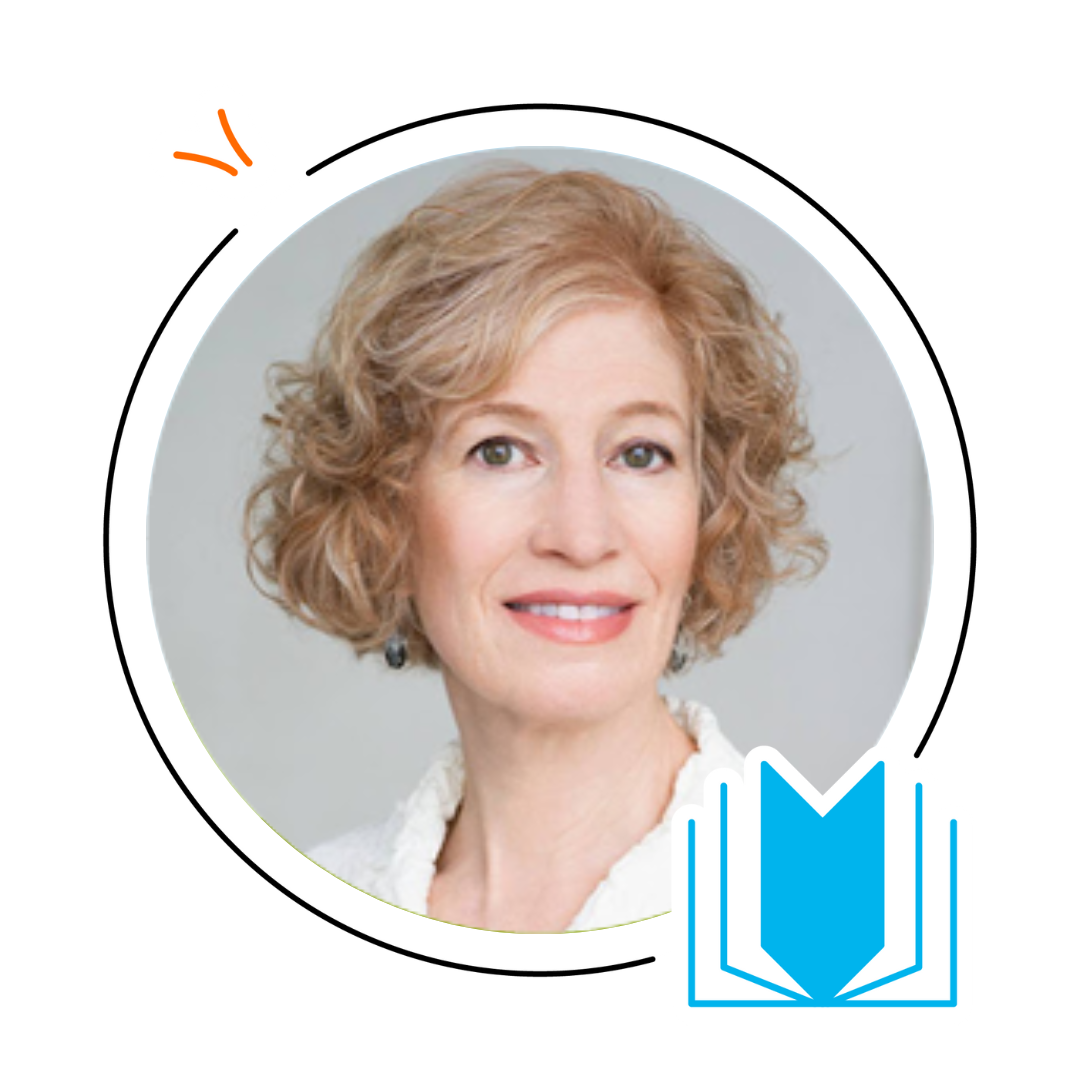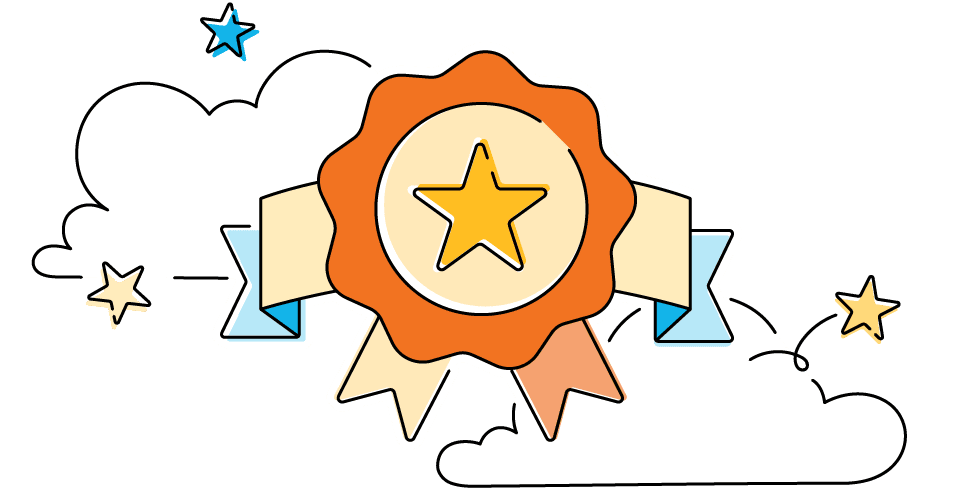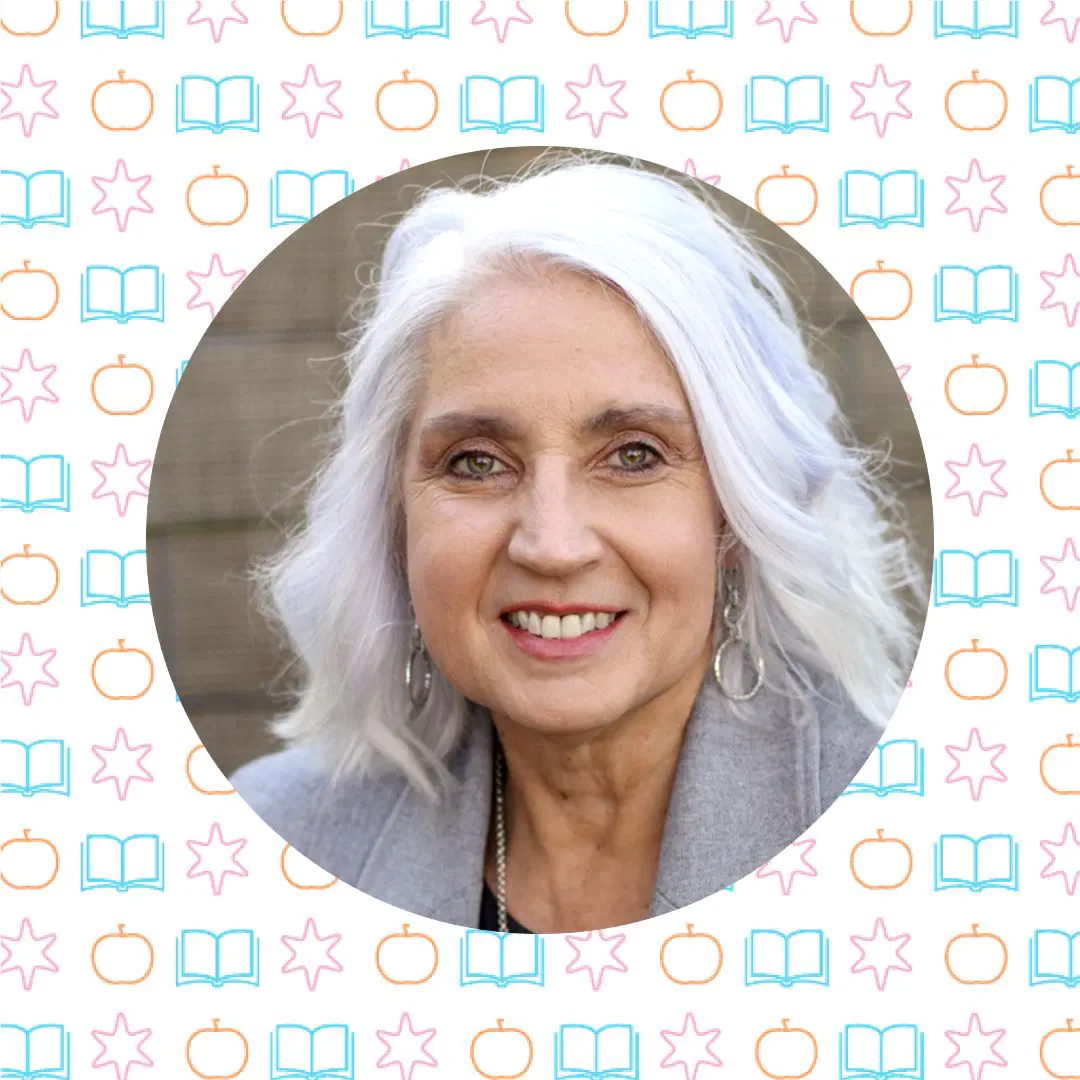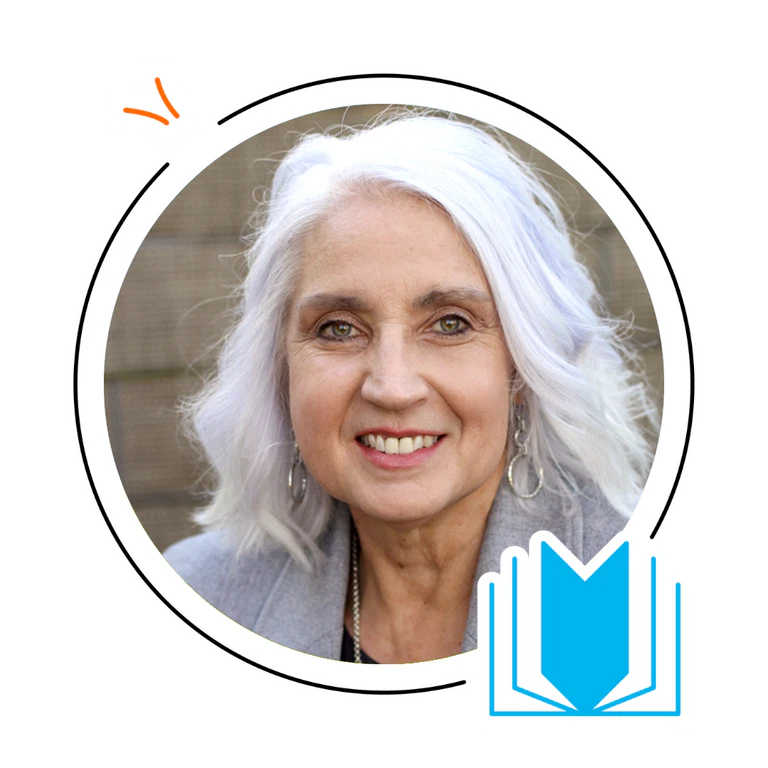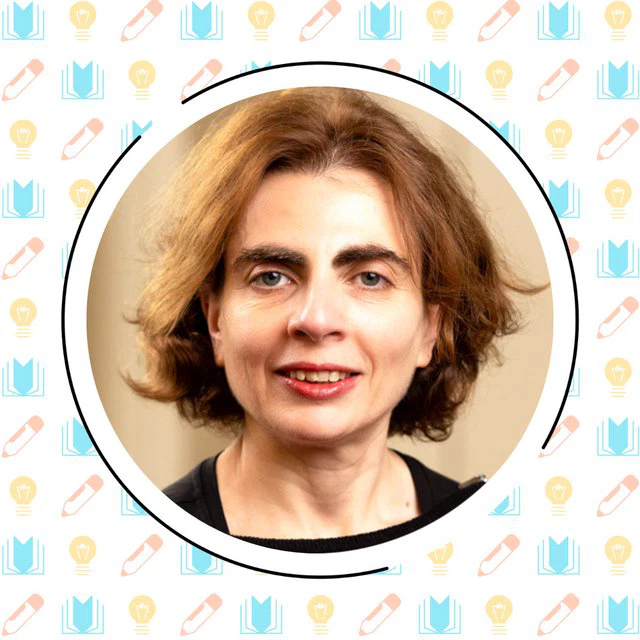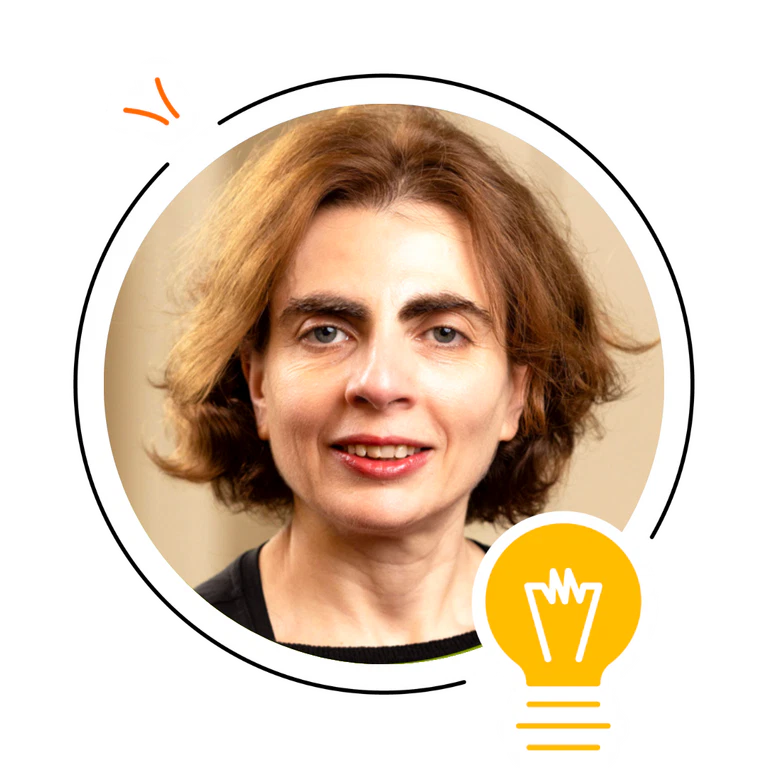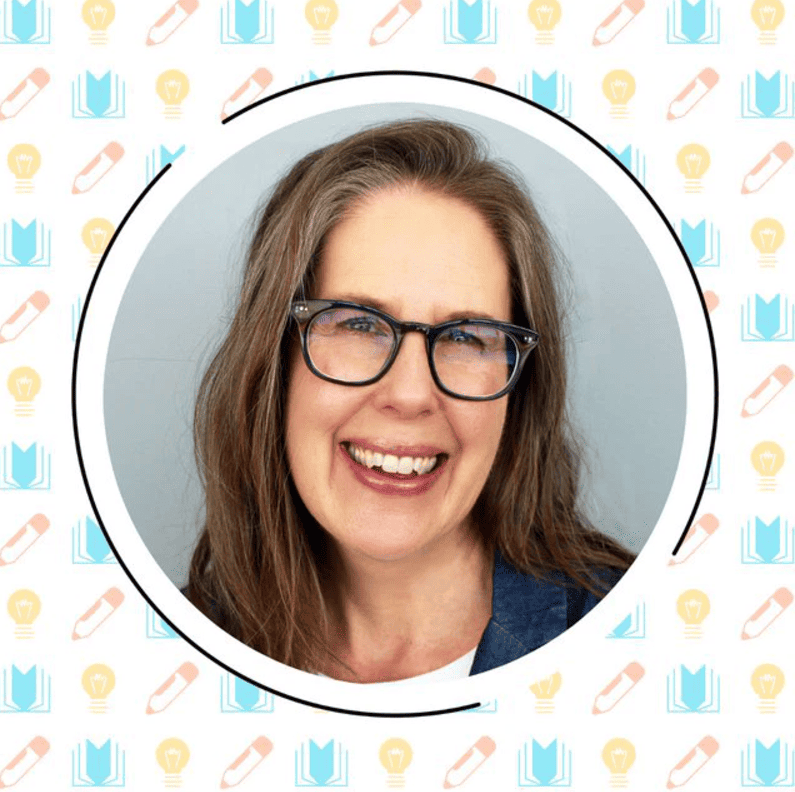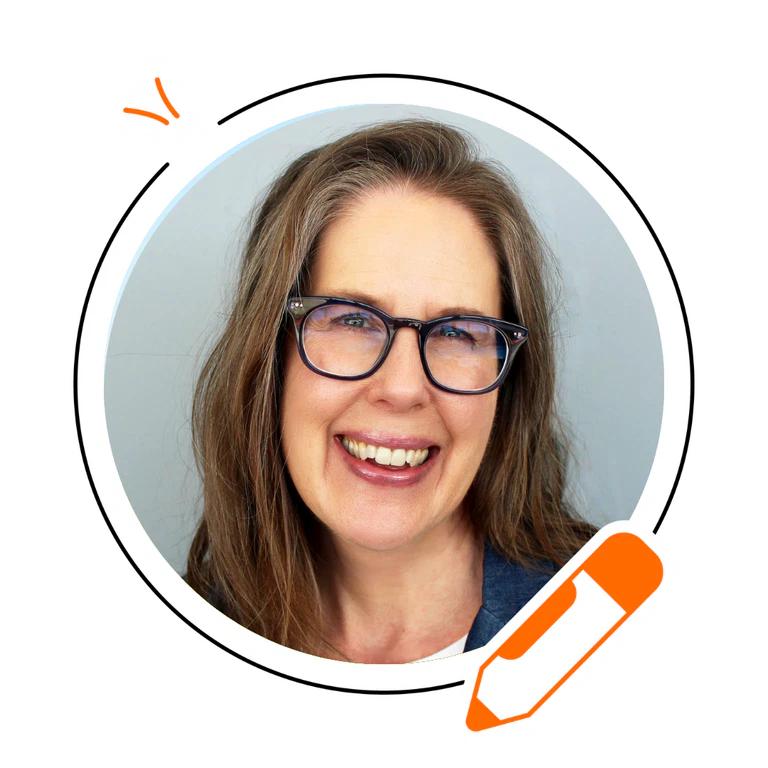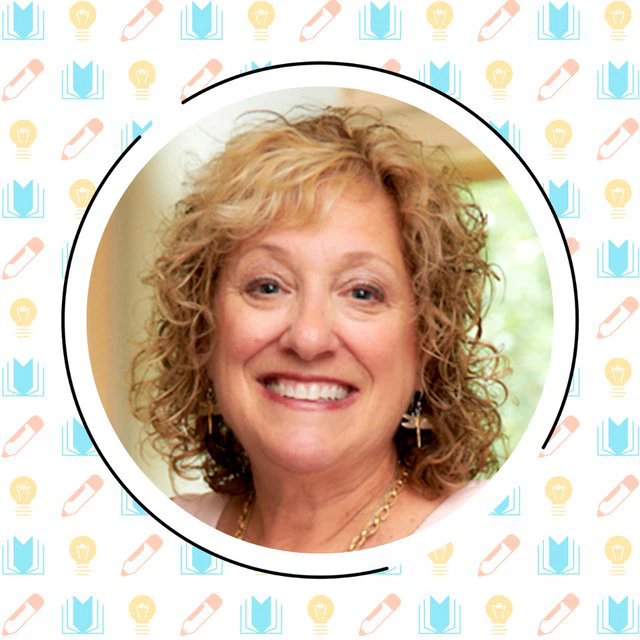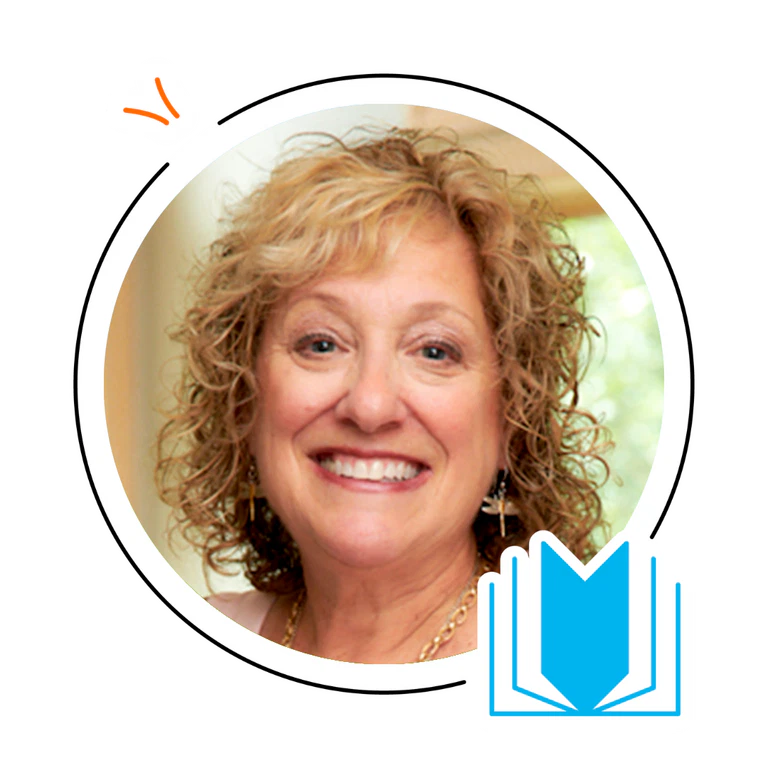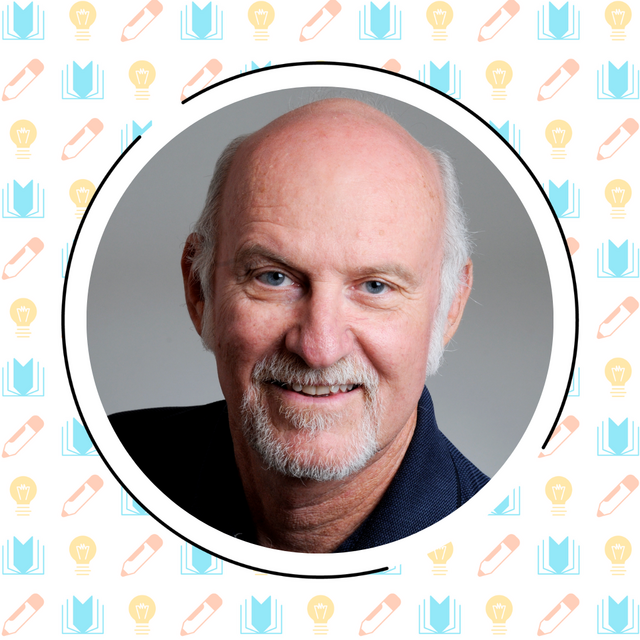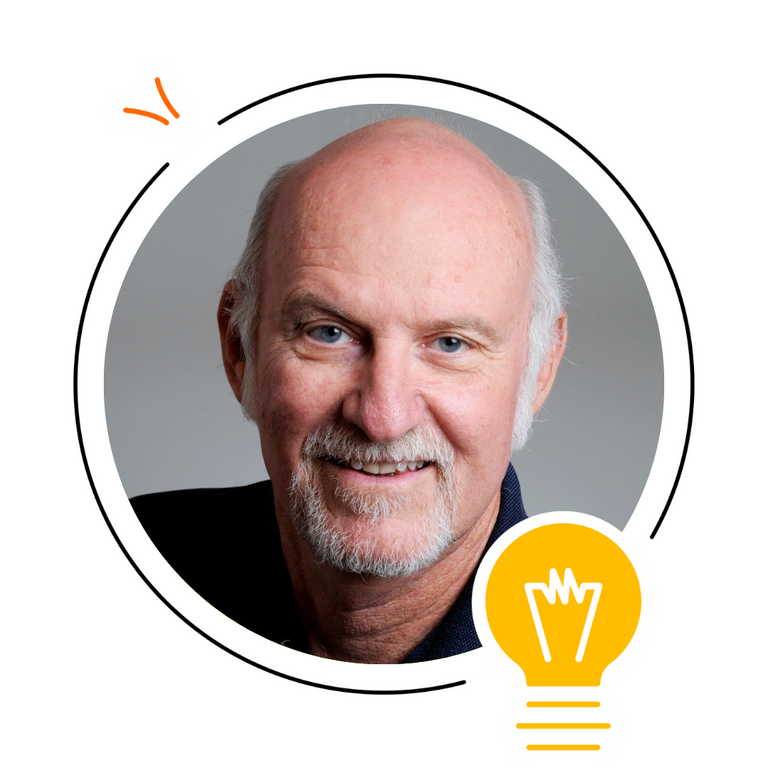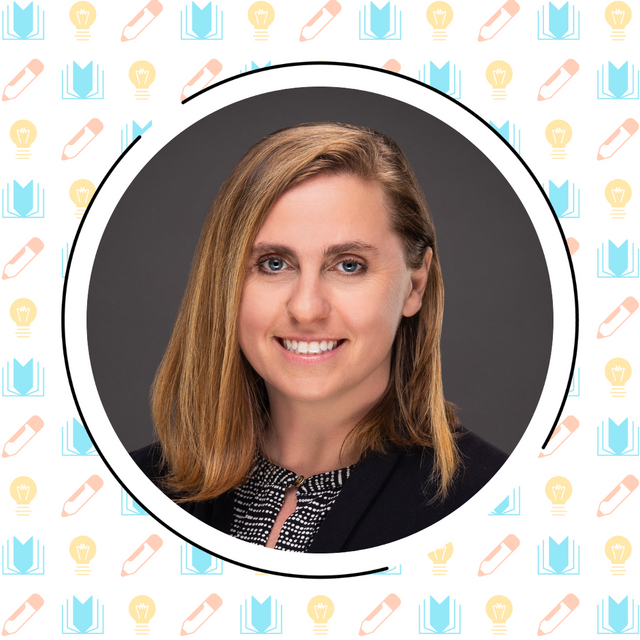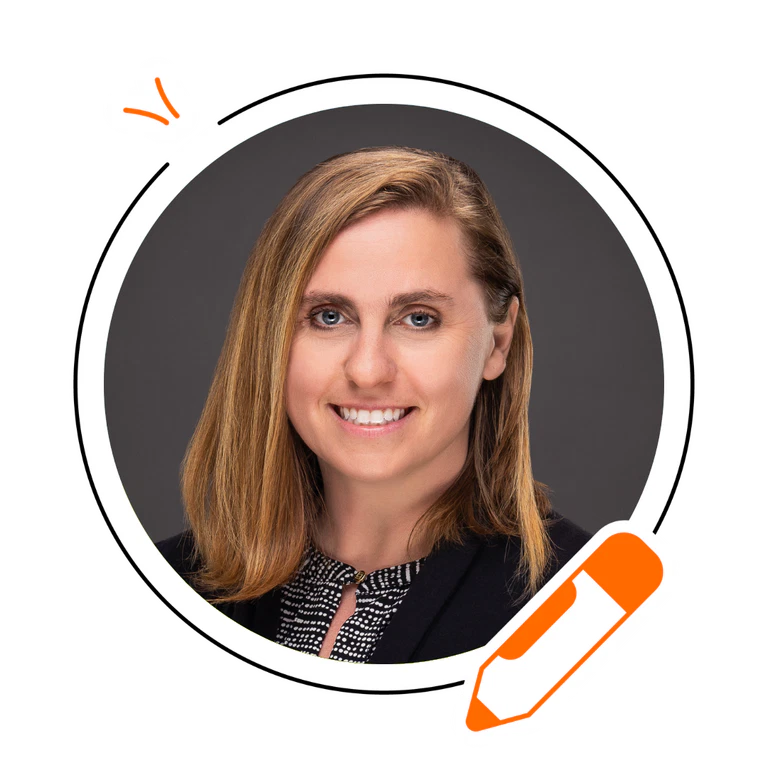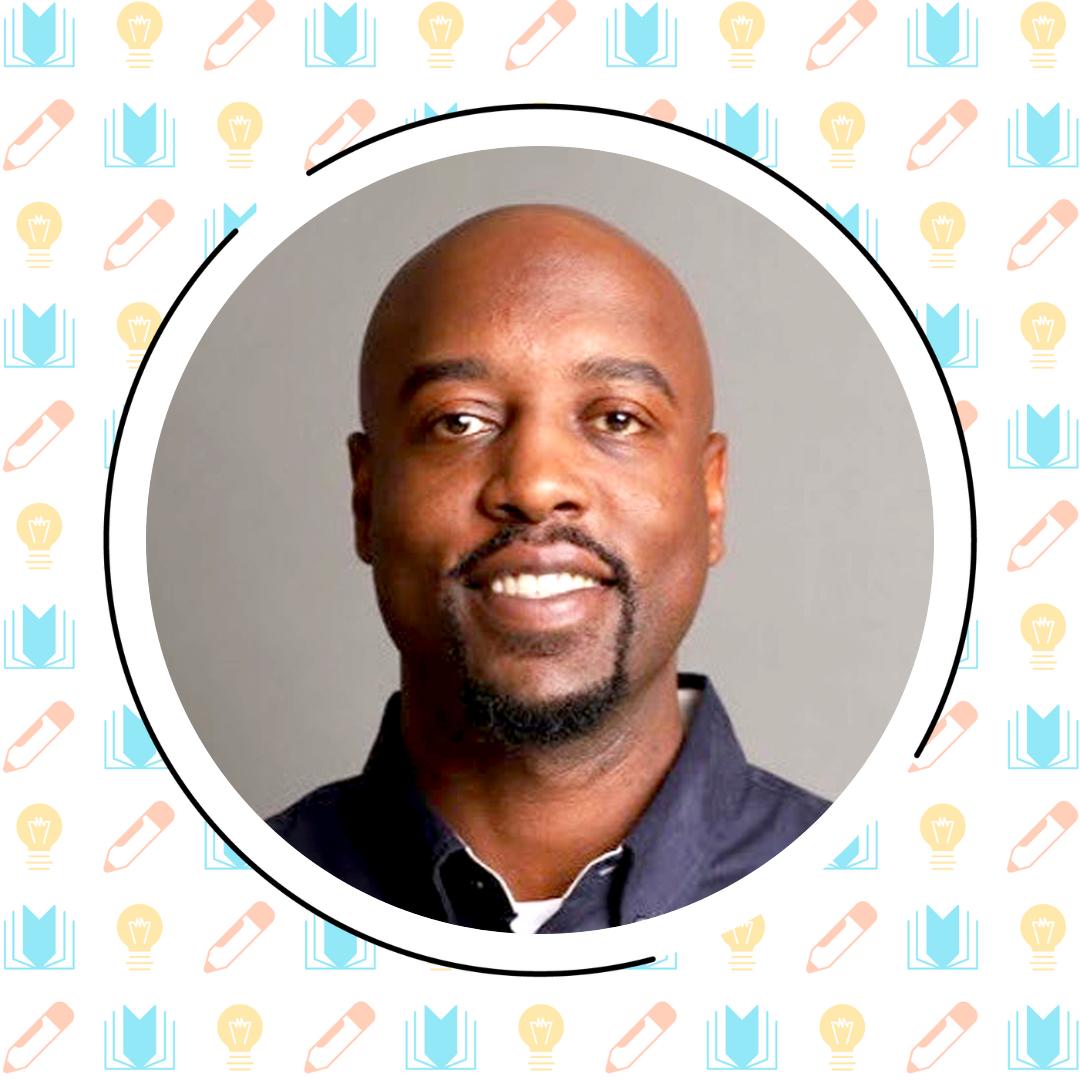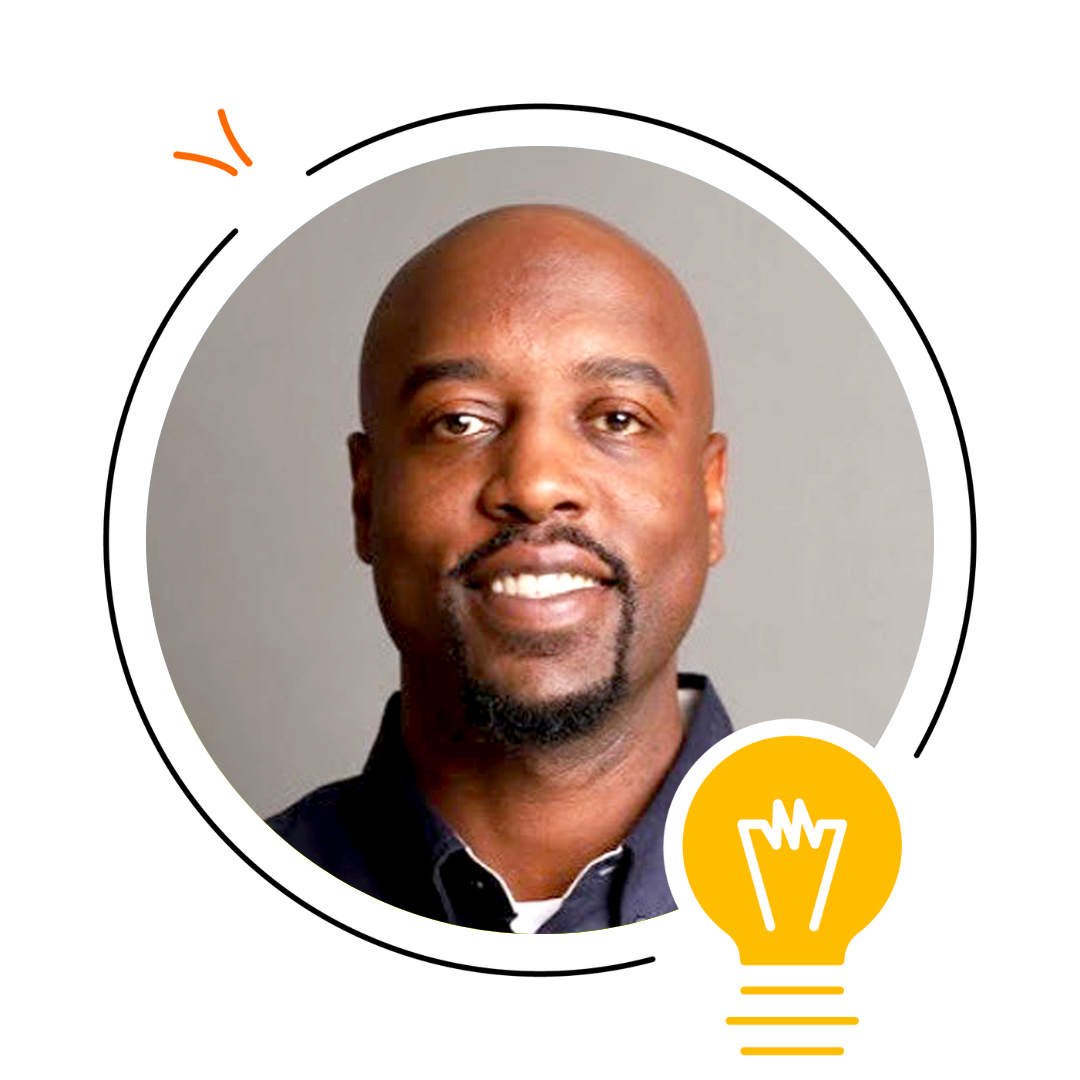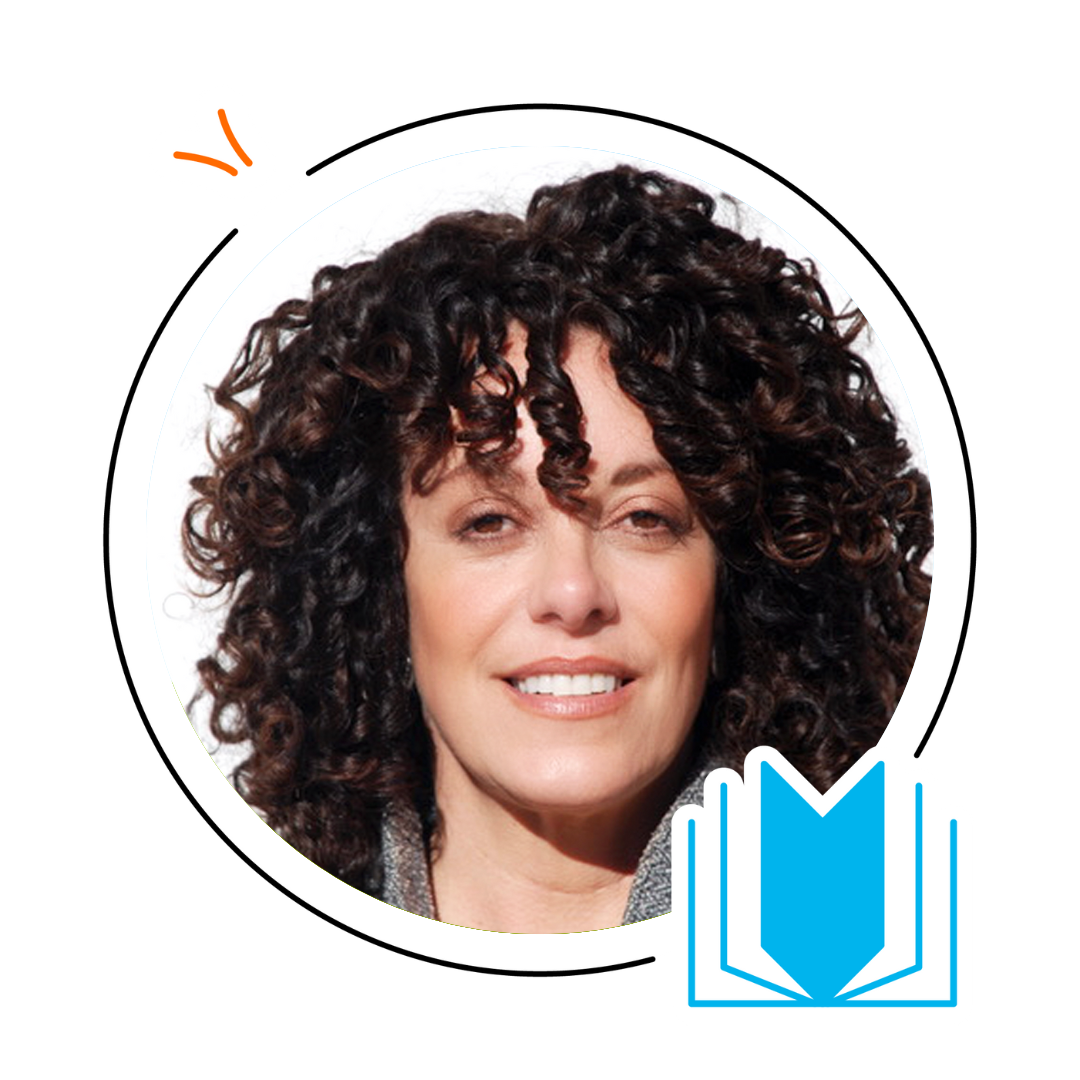Meet Our Guest(s):
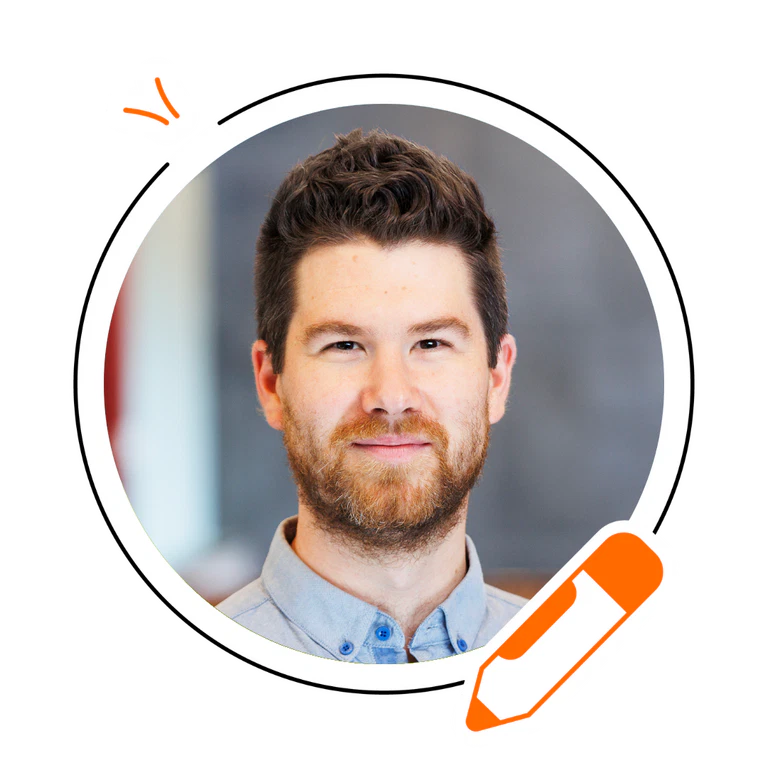
Nathaniel Swain, Ph.D.
Nathaniel Swain is a teacher, instructional coach, and writer. He’s a Senior Lecturer at La Trobe University, where he also works at the SOLAR (Science of Language and Reading) Lab, and he blogs about teaching and learning at Dr. Swain’s Cognitorium. He’s taught a range of learners in schools and universities, and he founded a community of teachers committed to the Science of Learning: Think Forward Educators, now at 23,000 members and growing. Dr. Swain is a sought-after speaker on the educational circuit and the author of Harnessing the Science of Learning: Success Stories to Help Kickstart Your School Improvement.
Meet our host, Susan Lambert
Susan Lambert is Chief Academic Officer, Literacy, at Amplify, and host of Science of Reading: The Podcast. Throughout her career, she has focused on creating high-quality learning environments using evidence-based practices. Lambert is a mom of four, a grandma of four, a world traveler, and a collector of stories.
As the host of Science of Reading: The Podcast, Lambert explores the increasing body of scientific research around how reading is best taught. A former classroom teacher, administrator, and curriculum developer, she’s dedicated, to turning theory into best practices that educators can put right to use in the classroom, and to showcasing national models of reading instruction excellence.
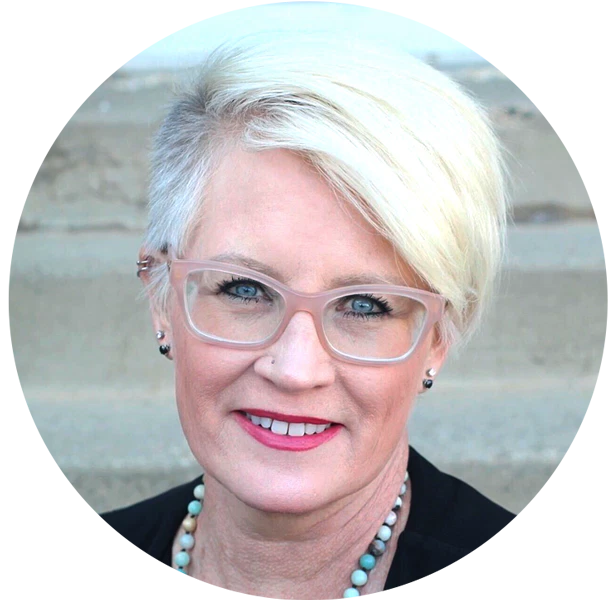
Transcripts and additional resources:
Quotes
“The greatest thing about the science of learning is that it's never really gonna be finished. Much like the science of reading, it's constantly being updated and it's something that we should be constantly turning to.”
“When we have knowledge at our fingertips—or in this case, in our synapses—ready to be used, we can overcome all these limitations that cognitive load theory talks about.”
“We're kidding ourselves a little bit if we think that we can replace that rich content knowledge with generic skills and generic competencies.”
“Students who have less knowledge or citizens that have less knowledge are more prey to disinformation, because they don't have enough in their schema to be able to question the knowledge that's coming in.”
“Nothing scares me more than students sitting in classrooms trying to go through the motions of comprehension strategies and diligently trying to apply them to reading a text, but not really knowing what this text is about.”
